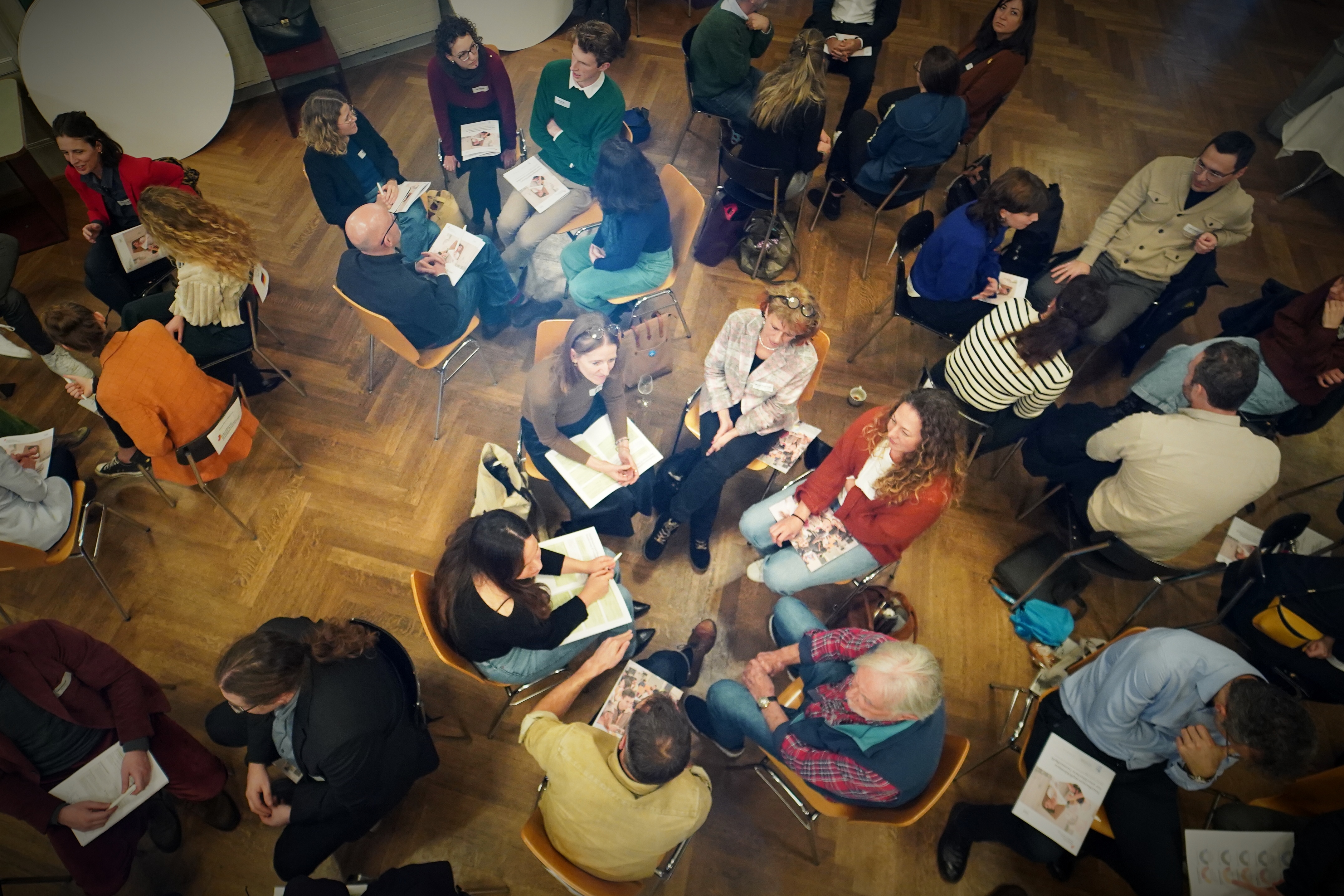Despite polarization, there is a desire for dialogue: A large majority of Swiss citizens believe that engaging with people who hold very different political views is worthwhile.
Voters express strong antipathies toward the SVP and its supporters as a political group. At the same time, SVP voters give nearly all other parties and their electorates the lowest sympathy ratings. In contrast, people of all political stripes show relatively positive feelings toward the Center Party and its voters.
Sympathies and antipathies between left and right are not symmetrical: Voters who prefer the FDP or SVP express less sympathy toward voters from left-green camps than left-green voters do toward conservative-right voters.
The population views groups that raise controversial political issues (e.g., climate activists and opponents of pandemic measures) most negatively. Groups that deviate from perceived norms or are marginalized (e.g., the wealthiest 1 percent, asylum seekers, and non-binary people) also face strong antipathies. In contrast, traditionally rooted groups such as women, rural residents, and seniors receive predominantly positive emotional evaluations.
Institutional trust is also highly polarized: Swiss citizens place the most trust in science. There is also high trust in the police and judiciary. Respondents express little trust in religious institutions, the media, the EU, and political parties. SVP voters show particularly high levels of distrust toward the Federal Council, Parliament, media, science, and judiciary—often far more than voters of other parties.







.png)
.png)


